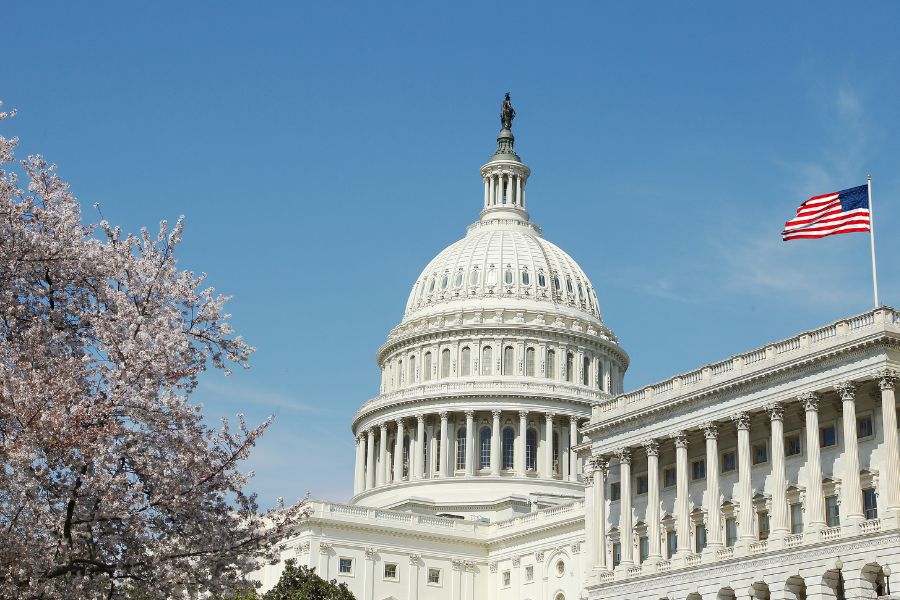In a landmark decision, a federal appeals court has struck down the controversial “Liberation Day” tariffs, a key policy introduced by former President Donald Trump. This ruling marks a significant challenge to Trump’s trade approach and signals a shift in the U.S. strategy for regulating global commerce. The court determined that the tariffs, enacted under the assertion of emergency economic powers, exceeded the authority granted to the president, ruling them an unlawful overreach.
The “Liberation Day” tariffs were a central element of Trump’s “America First” agenda, designed to protect American industries and workers from what he perceived as unfair foreign competition. His administration argued that these tariffs would create a more level playing field for U.S. businesses by making it harder for foreign nations to undercut domestic industries. However, the policy quickly drew criticism from business leaders, economists, and foreign governments. Many warned that the tariffs would raise consumer prices and disrupt global supply chains, while foreign governments retaliated with their own measures.
Industries such as manufacturing, technology, and international trade were particularly hard-hit by the tariffs. These sectors faced increased operational costs and logistical challenges as a result of the duties. Affected businesses were among the first to challenge the policy in court, questioning its legal justification. Legal experts argued that the use of emergency powers—typically reserved for urgent national security concerns—was inappropriate for addressing economic matters. Critics contended that such powers should not extend to trade policy, especially when there was no direct connection to national security or defense.
The federal appeals court ruled decisively against the tariffs, stating that President Trump had overstepped his legal authority. The judges explained that emergency powers granted to the president were intended for addressing immediate national security concerns, not for broad economic actions like tariff imposition. This ruling directly challenges the unilateral trade policies that characterized much of Trump’s presidency, emphasizing that trade policy should be crafted through proper legislative channels, involving both the executive and legislative branches of government.
The decision has been widely welcomed by business advocates, especially those who suffered financially due to the tariffs. Many see the ruling as a corrective measure that will restore stability and predictability to industries such as manufacturing, retail, and import/export. Additionally, international trade organizations have expressed support for the decision, viewing it as a positive step toward more transparent and fair global trade practices.
This court ruling represents a broader rejection of Trump’s protectionist trade approach, which often sidelined traditional international alliances and multilateral agreements in favor of more aggressive, isolationist policies. The decision could have far-reaching implications for future U.S. trade policy, signaling that future administrations may need to work more closely with Congress and international partners to ensure trade policies are both legally sound and aligned with global standards.
While the court ruling is final, it may prompt further legislative action. Congress could revisit laws governing presidential powers in trade matters, clarifying the scope of executive authority when it comes to economic emergencies and tariff imposition. Such discussions could reshape how future administrations navigate trade issues, especially regarding the president’s ability to impose tariffs without broader legislative approval.
Internationally, the ruling could have significant ramifications. It may encourage other nations to challenge similar trade measures, leading to more complex diplomatic negotiations and potentially strained relations with key trading partners. The decision highlights the importance of ensuring that trade policies are legally grounded and reflect both domestic and international concerns.
In the long run, this court decision could reshape how the United States approaches global trade. As legal and political discussions continue to evolve around presidential powers in trade, this case may set an important precedent, influencing how the U.S. engages in international commerce in the years ahead.


